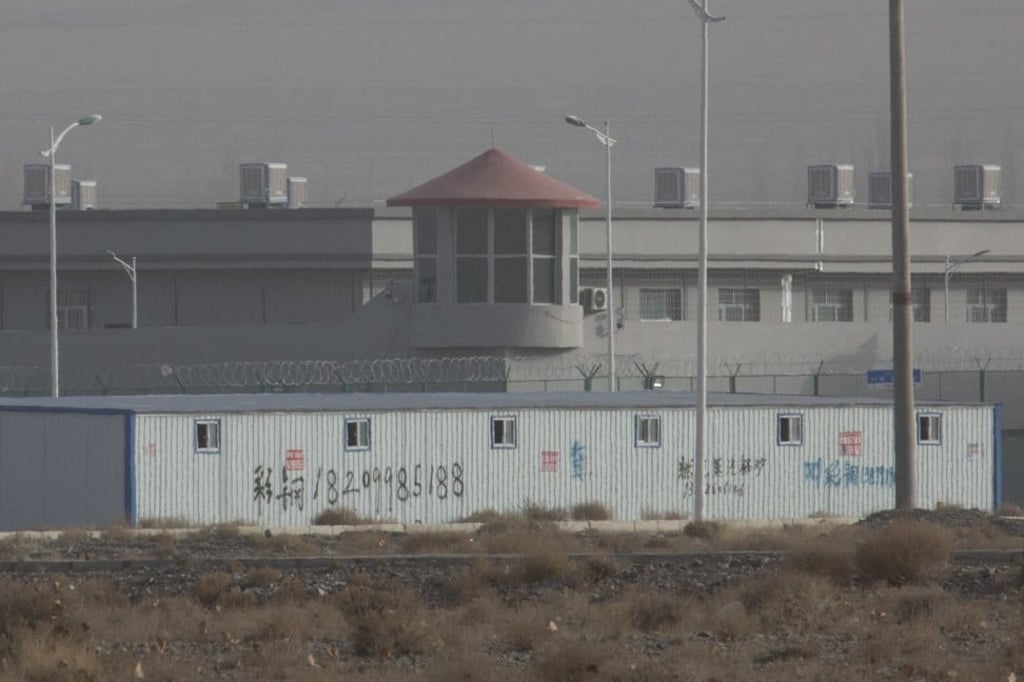First Xinjiang, now Tibet passes rules to promote ‘ethnic unity’
- Autonomous region’s legislature endorses ‘dos and don’ts’ for governments, companies and institutions to take effect from May 1
- The rules appear similar to those used in a crackdown on cited similar regulations as justification for crackdowns on the region’s ethnic Uygur community

Officials in Xinjiang have occasionally cited similar regulations as justification for crackdowns on the region’s ethnic Uygur community.
Tibet’s people’s congress, the autonomous region’s legislature, endorsed the rules on Saturday to take effect from May 1, the official Tibet Daily reported on Sunday.
The report did not release the full text of the regulations, saying only that they contained “dos and don’ts” for the local governments and society to promote ethnic unity.
Other neighbouring provinces, including Yunnan and Qinghai, approved similar regulations last year.
According to Tibet Daily, the regulation requires all levels of government, companies, community organisations, villages, schools, military groups and religious activity centres be responsible for work on ethnic unity.
